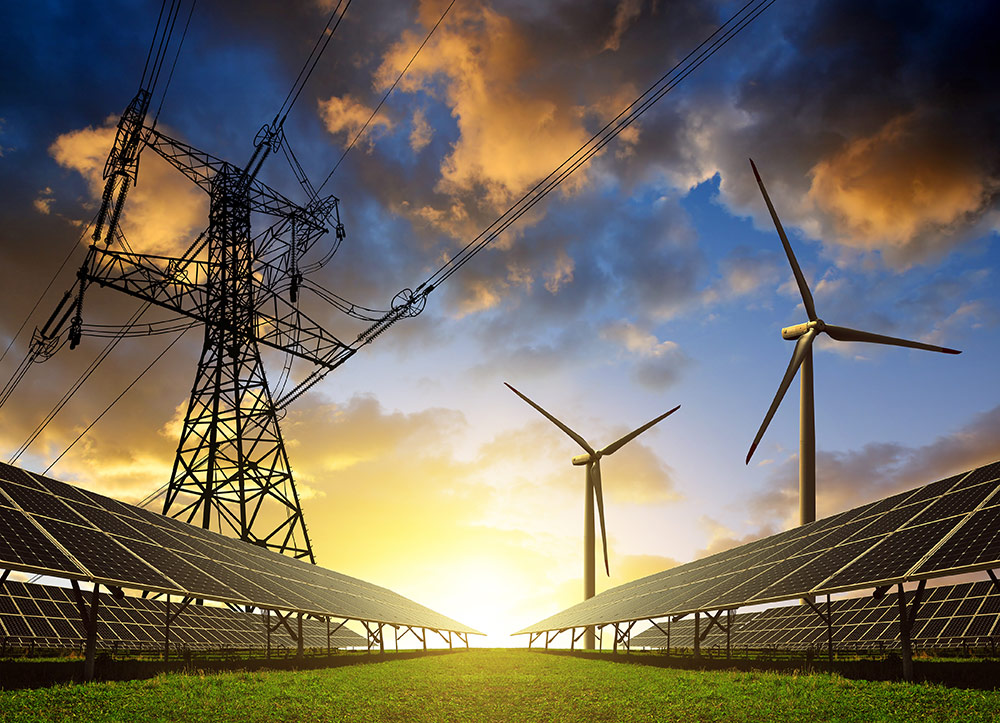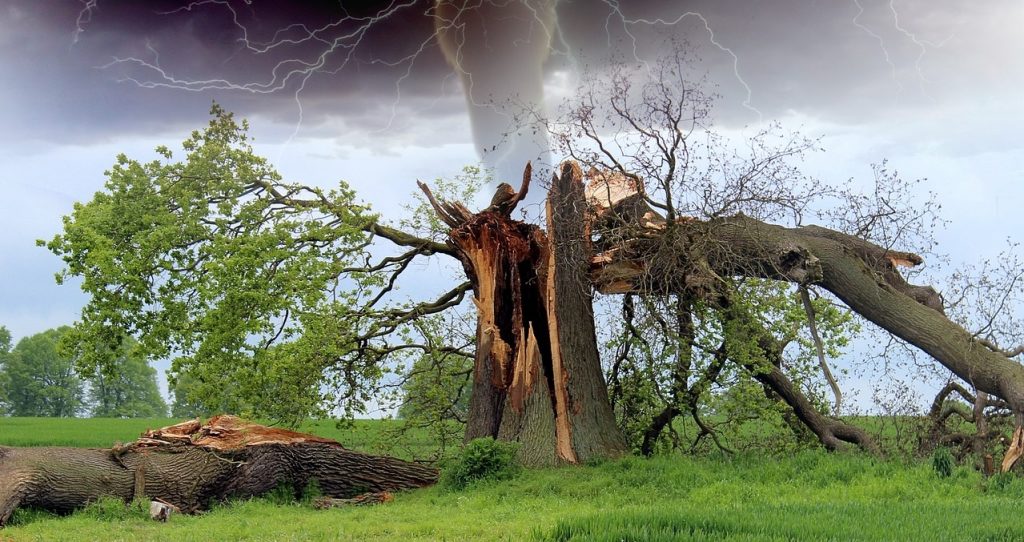The COVID-19 crisis has taken all industries by surprise. For utility organizations that offer essential services such as power production, power and gas transmission and distribution, and other public services, having strong crisis management and business continuity practices will play a critical role in how companies are able to manage the unfolding crisis successfully.
Based on our experience working alongside many risk managers in the utilities industry, we have learned that issues pertaining to crisis management and business continuity often are discussed with only a partial point of view, usually from a technological perspective rather than from the perspectives of multiple business units or various phases of the value chain. We understand, taking a page from the current crisis, that reality can go beyond imagination. Organizations must be prepared to face more pervasive, complex and dynamic scenarios than they have ever thought necessary. That is why companies need to ask themselves these critical questions: What should we expect from this crisis in the short term, and what can we learn from it?
The following are some considerations that utility organizations should be weighing during this tumultuous period.
Power Generation: Skilled Workforce and Essential Parts
Even though renewable energy plants are taking increasing shares of the market, the backbone of power production is still, depending on the country, traditional forms of generation such as natural gas, coal or nuclear power plants. During crises, such as the COVID-19 pandemic, operating such plants can be a challenge. For example, in some worst-case scenarios, plant managers and skilled workers (a rarity in the business) are not able to perform their duties. The risk is heightened when the appropriate backup employees within the organization have not been identified and trained because, too often, succession plans focus only on senior executives. Furthermore, there are supply chain issues in power generation pertaining to the availability of spare parts or other products that, although considered secondary, are necessary to run the plants.
Energy Management: Understanding Changing Consumption Profiles
As the Covid-19 pandemic unfolded, the models that depend on wholesale prices of commodities (starting from oil), the balance between supply and demand, and the load curves of the power plants were warped within a few days. Organizations have now learned that rethinking portfolio optimization strategies is critical as they are challenged by changing consumption profiles. Moreover, long-term contracts and power purchase agreements (PPAs), which are increasingly adopted for nonprogrammable renewable energy, are making it difficult for weaker parties who are more bound by the contractual relationship than their more established competitors. Meanwhile, commodity price reduction is modifying the relative merit order of the power plant technologies. Multiple scenarios exist, but organizations must determine not only how long the crisis of energy consumption will last but also how permanent the change in consumption and working habits will be.
Power and Gas Sales: Investing in Digital Channels and Other Innovations
From a commercial point of view, the decrease in demand will directly affect this sector. However, it is here that new ideas and new approaches to the market are likely to arise. What will suffer in the short term is not only the drastic decline in industrial consumption but also traditional commercial activity linked to commercial channels such as branches and agencies. The optimal path therefore becomes that of digital channels, which today are rewarding companies that have invested the most in innovation.
Innovation will also mean knowing how to take advantage of the increasing margins obtainable today in the market. Success here means providing new solutions such as agreements with companies to offer convenient contracts to their employees who must work remotely; creating innovative services that take advantage of opportunities (for example, the European Directive PSD2, in order to launch ancillary financial services and to generate operating efficiency); and developing internal financial analysis capacities (from the absorption of working capital related to new commercial offers to predictive credit scoring focused, for example, on product and industrial categories and on their relative crisis exposure).
Distribution and Networks: Smart and Targeted Maintenance Work
The distribution sector has started to develop technologies and processes to improve areas such as maintenance, work shifts and metering. This has been achieved due to sophisticated software tools, including robotic process automation, process mining and artificial intelligence, as well as hardware tools such as smart meters and smart grids. Nevertheless, the crisis still reminds us how far we can go to reduce and target maintenance work and to limit the number of workers on the ground. Moreover, it is possible to apply the same considerations made regarding the supply chain to spare parts and compulsory products such as odorant for gas distribution or chemical agents for water treatment.
Services to the Public
Services that utility companies offer to the public have been most affected by the pandemic. For example, the thousands of workers who are responsible for the maintenance and cleaning of our cities have been significantly impacted. Their safety – and the safety of the people with whom they come into contact – should remain a priority. How these workers are treated will have a significant impact on the reputation of each utility organization – as will the quality and continuity of services provided to the community. It is important for organizations to remember that even when there is a service interruption or a failure that is beyond their control, they still face the prospect of being judged harshly on their quality of service. In this context, operators should stay a step ahead by reminding their community about efforts exerted, including attention paid to workers, the environment and the public.
The topics mentioned above are only a few examples of the challenges energy and utility companies face. However, we believe they illustrate the necessity of a more coordinated and holistic approach to operational resilience. Organizations should take the opportunity to exploit the innovations developed during this crisis to propel a sustained innovation culture. Embracing new ideas can help increase efficiency and drive better responses to changing market dynamics. Employing new technologies and innovative ways to manage the workforce will help organizations as they undertake strategic initiatives. It is true that many companies will adapt and develop the aptitude to overcome the current crisis. But, in the midst of this crisis, organizations have an opportunity to take additional steps to prepare for whatever looms ahead.






